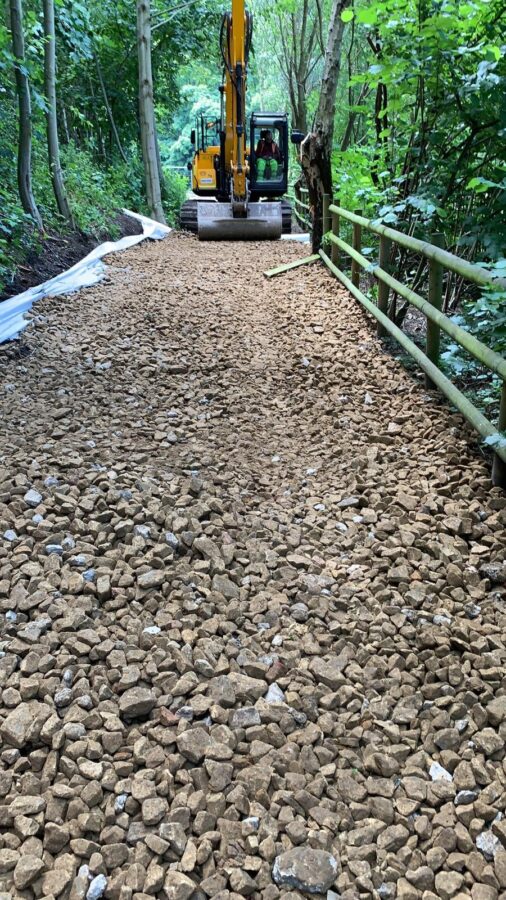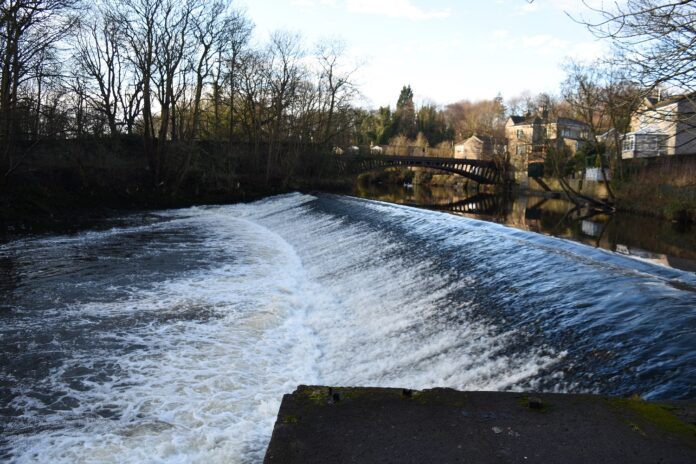Work has started to install fish passes on two weirs in West Leeds, as part of a multi-million project to allow salmon to swim up the River Aire for the first time in 150 years.
Contractors for the Environment Agency have this week moved on-site at Armley and Newley weirs as part of a £2.7 million project.
Work on fish passes at Saltaire and Kirkstall weirs is almost complete. These four fish passes, along with a three-year community engagement programme, together make up the Developing the Natural Aire (DNAire) project.

It will enable Atlantic salmon to complete their mammoth migration from the sea to spawning habitat beyond Skipton and into the Yorkshire Dales, along with other migratory fish including trout, eels and lamprey.
The fish passes are large structures being built to help the fish get over weirs built back in the Industrial Revolution that are too high for them to leap over naturally.
These complement 15 other fish passes that have been completed on the River Aire and its tributaries in the last decade.

Martin Slater, of the Environment Agency, said:
“We are halfway through this wonderful project and our ambition to restore salmon to the River Aire and the people who live alongside it is on track to be completed in the autumn.
“Now, more than ever, we have seen that people want access to nature and this project is delivering that for 100,000s of people across West Yorkshire.”
Aire Rivers Trust chairman Geoff Roberts added:
“Restoration of the fishery on the river is already exciting people from all walks of life and we will build on that excitement to help people enjoy their river in a host of different ways.
“In the next couple of weeks, for instance, we will be launching a series of self-guided and annotated walks from various points on the river. Find out more at DNAire.org.uk.”
The Aire Rivers Trust will deliver the community engagement and educational aspects of the project over the next three years by having:
· 1,000 school students learning about the project to encourage a career in STEM subjects (science, technology, engineering, maths).
· 1,000 volunteer days, cleaning up the riverbanks and teaching attendees skills in wildlife identification and river fly monitoring
· Three STEM undergraduates trained, one per year
· One environmental conservation apprenticeship

WLD covered work on the Kirkstall fish pass here.

